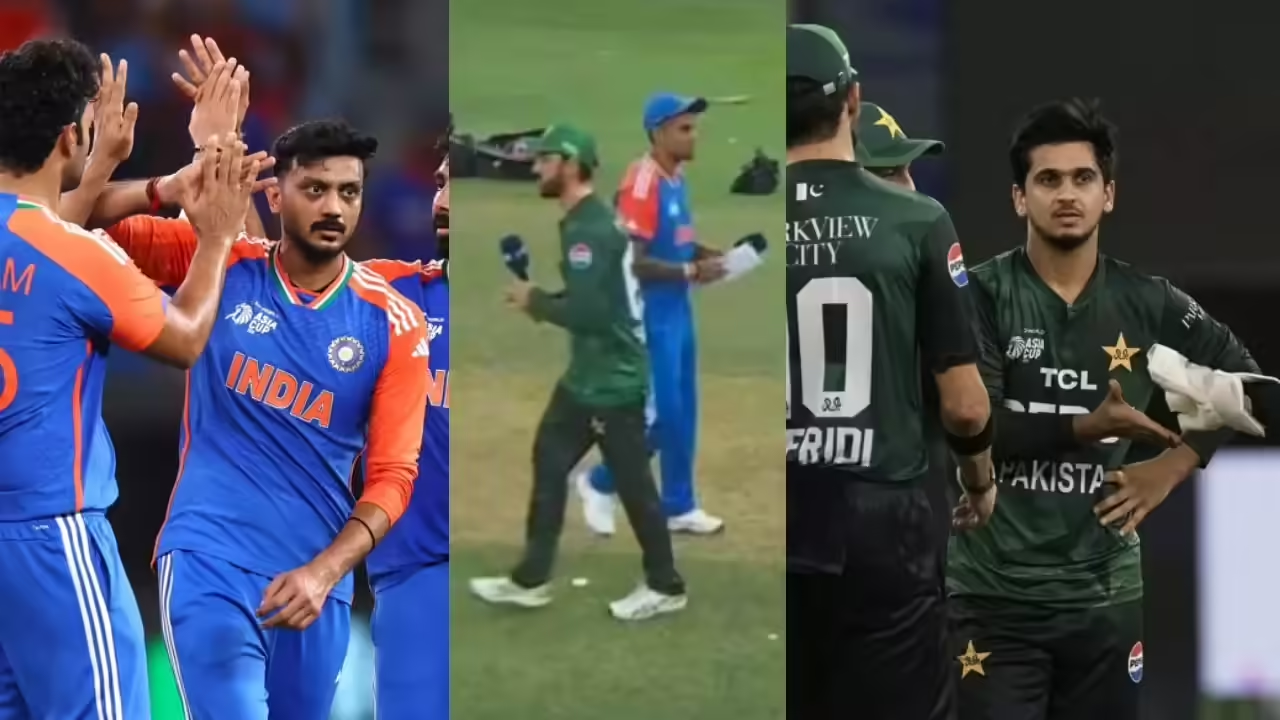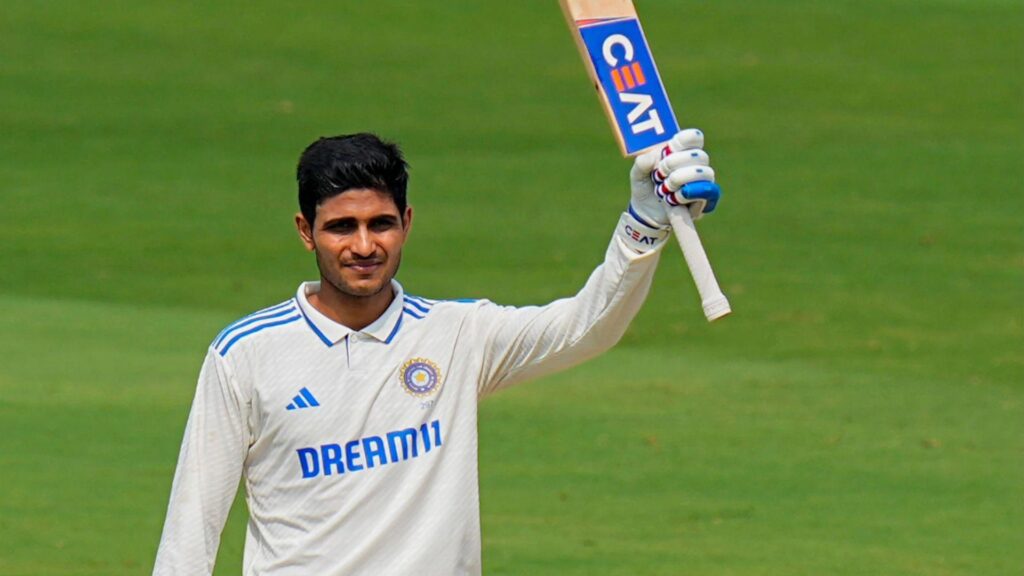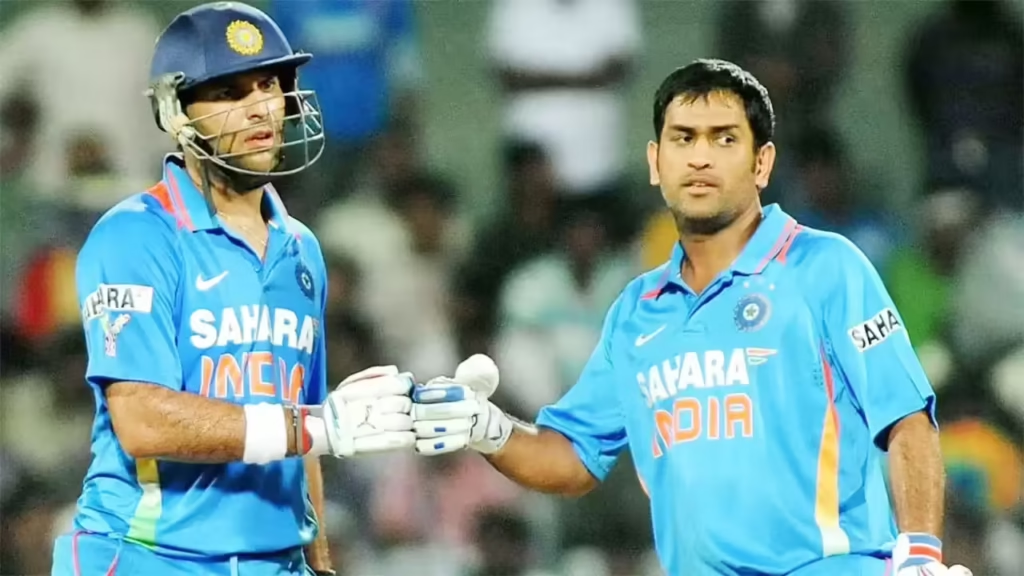Now Reading: Asia Cup Controversy: India’s No-Handshake Gesture Sparks Political Debate
-
01
Asia Cup Controversy: India’s No-Handshake Gesture Sparks Political Debate
Asia Cup Controversy: India’s No-Handshake Gesture Sparks Political Debate

The Indian team’s actions, led by captain Suryakumar Yadav, have drawn criticism from cricket officials and sparked debates about the intersection of politics and sportsmanship. This incident has resonated deeply, especially in Tier 2 cities, where cricket holds significant cultural importance.
The Incident:
Following India’s seven-wicket victory over Pakistan on September 14, the Indian players, led by Yadav, declined to shake hands with their Pakistani counterparts, including captain Salman Agha. This decision was made despite Pakistan’s readiness to engage in the customary post-match pleasantries. Reports indicate that the Pakistani team waited outside the Indian dressing room, but the door remained shut, and no handshakes occurred.
Official Reactions:
Mohsin Naqvi, Chairman of the Pakistan Cricket Board and the Asian Cricket Council, expressed strong disapproval, labeling the Indian team’s actions as a violation of sportsmanship and accusing them of politicizing the game. Pakistan has lodged an official complaint with the Asian Cricket Council regarding the incident.
Indian Perspective:
Yadav defended the team’s decision, stating that it was a gesture of solidarity with the victims of the Pahalgam terror attack and the Indian armed forces. He emphasized that certain matters transcend sportsmanship. The Board of Control for Cricket in India (BCCI) and the government reportedly supported this stance, aligning with the team’s actions.
Public Sentiment:
The incident has polarized public opinion. While some view the gesture as a rightful expression of national solidarity, others criticize it as an inappropriate politicization of a sporting event. The debate underscores the complex relationship between politics and sports in the subcontinent.
Conclusion:
The no-handshake incident at the Asia Cup has transcended the realm of cricket, becoming a focal point for discussions on nationalism, sportsmanship, and international relations. As the tournament progresses, the reverberations of this controversy are likely to influence future encounters between the two nations, both on and off the field.

























